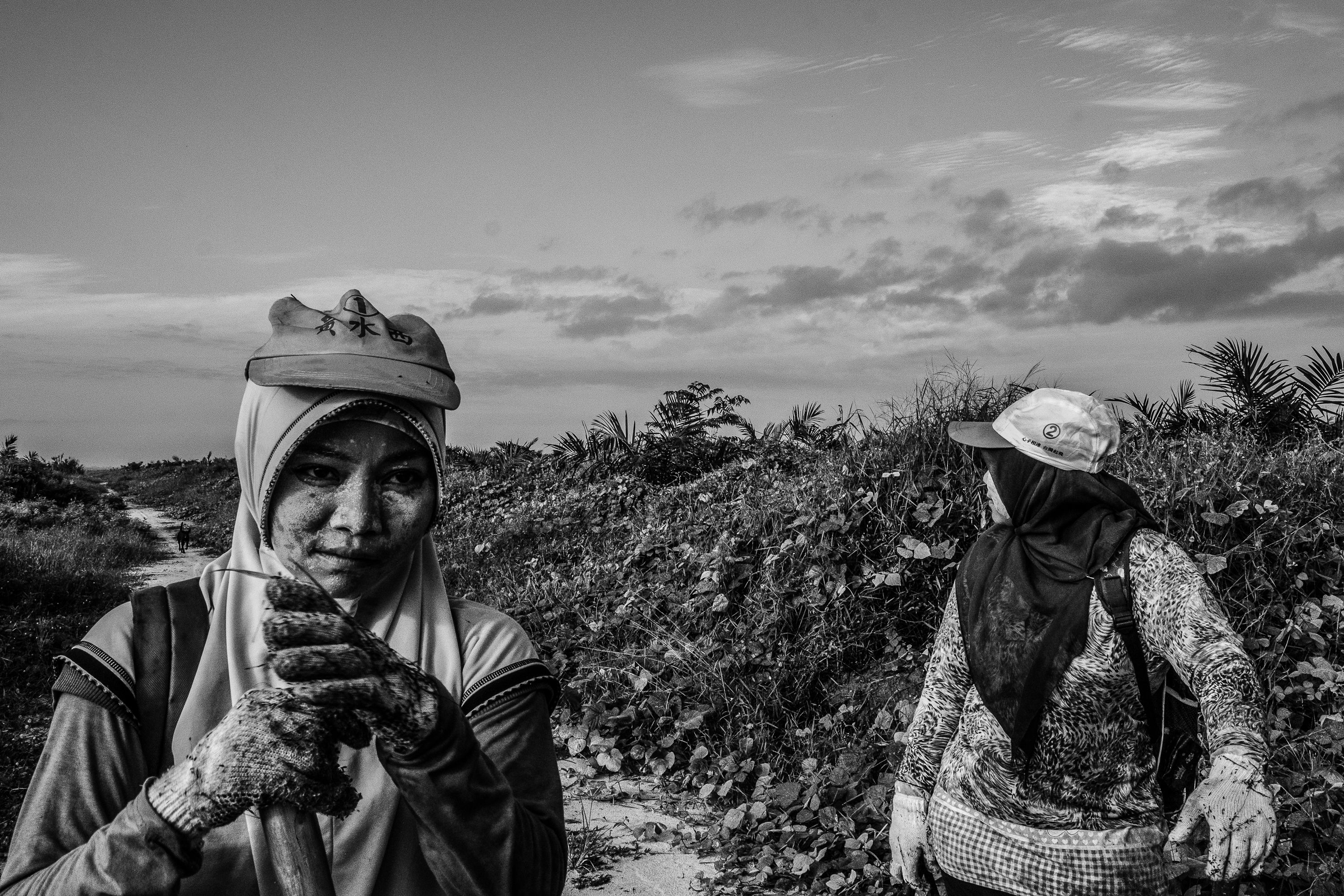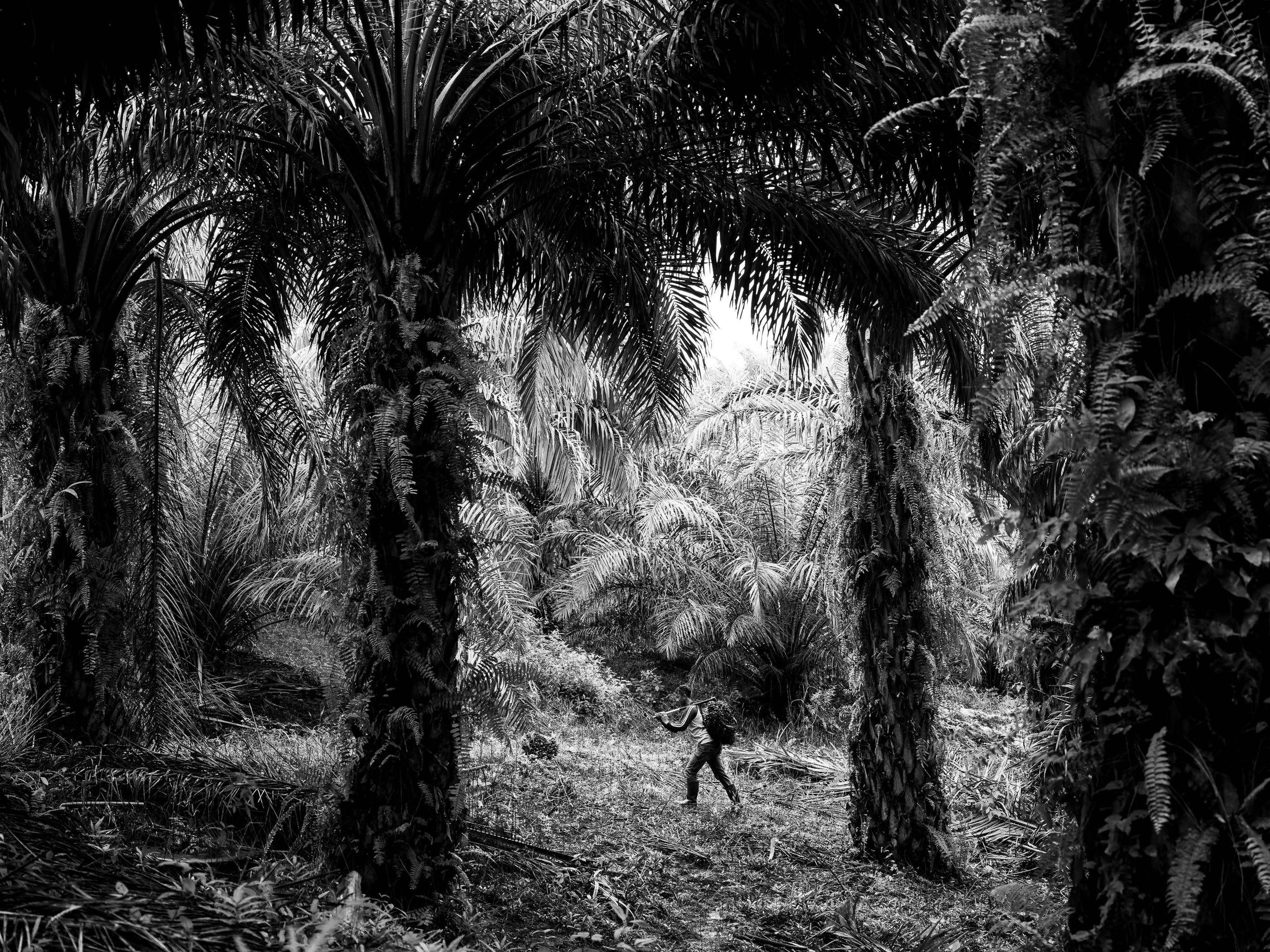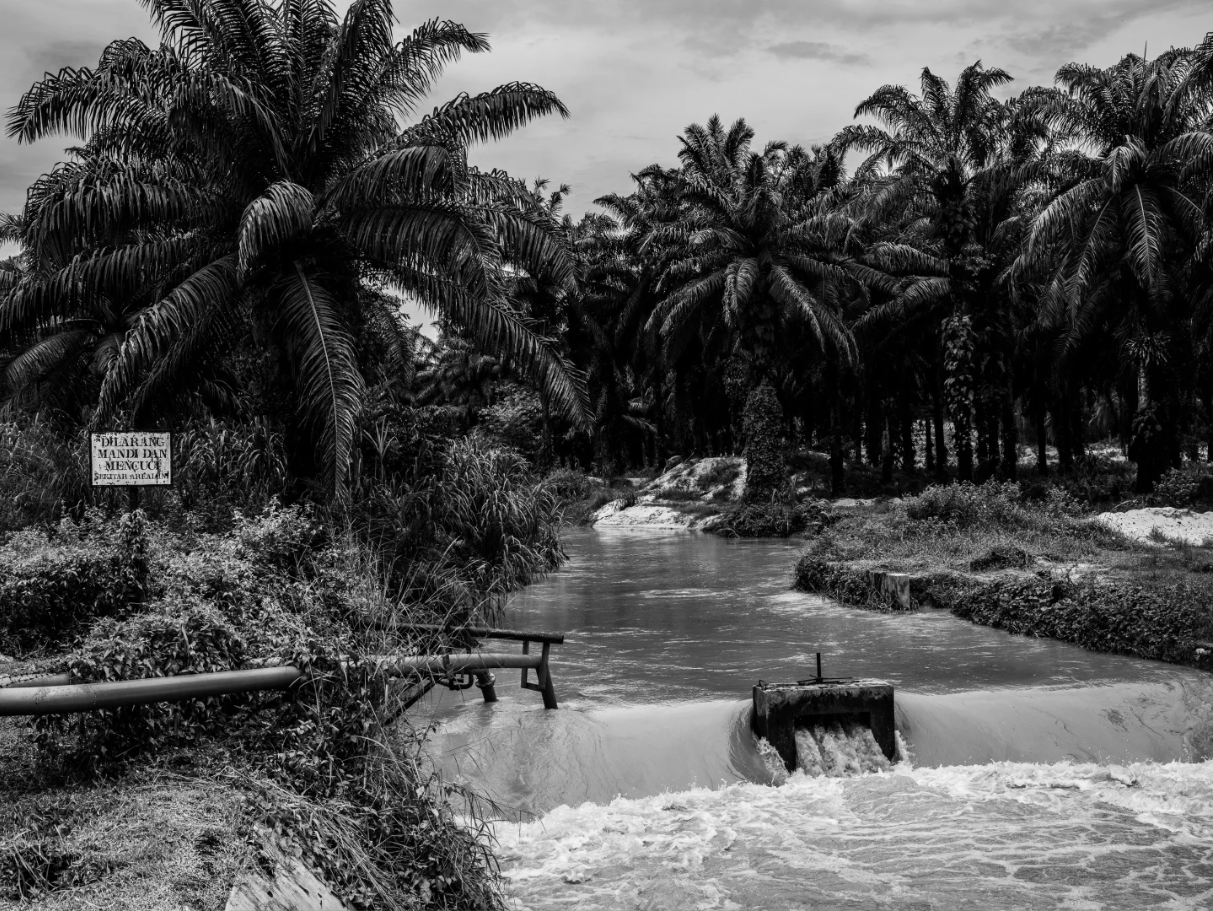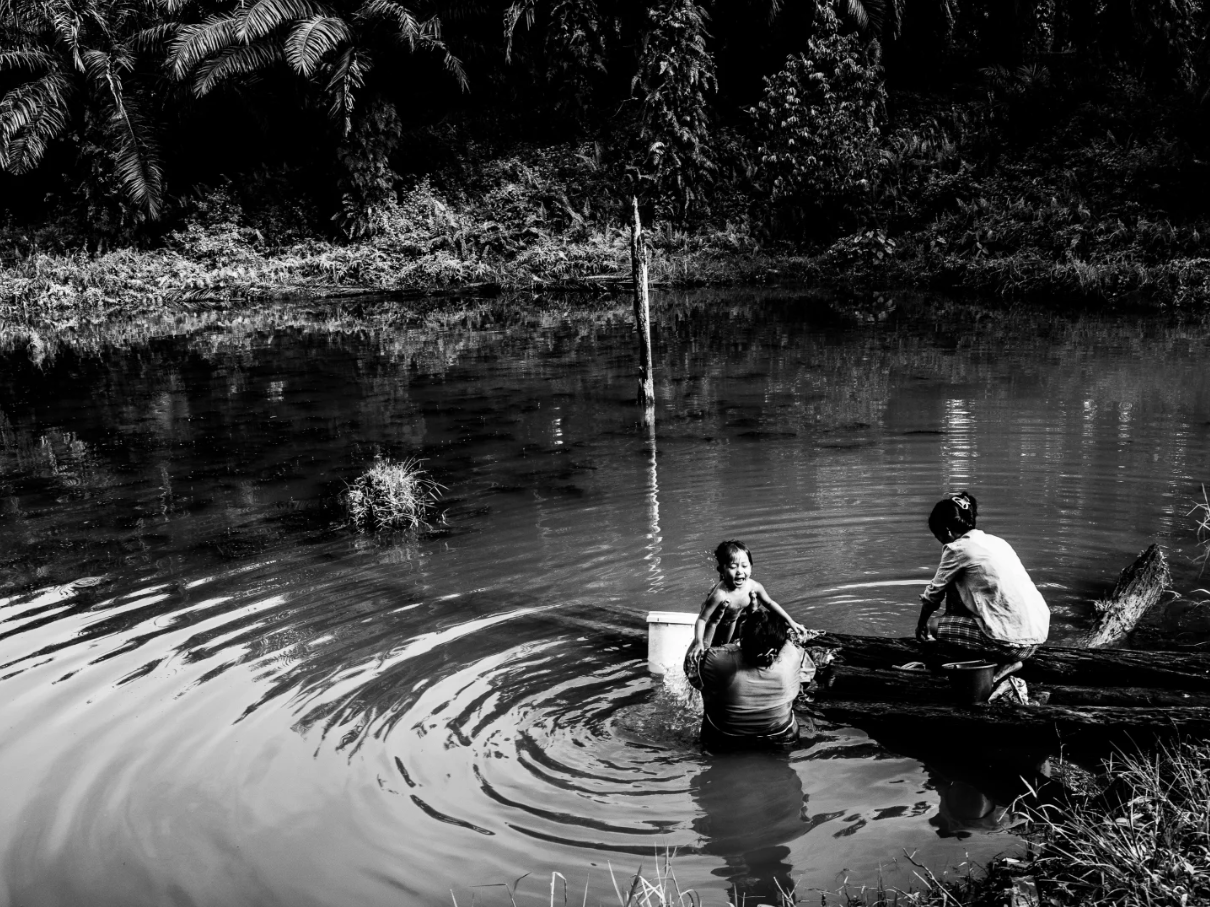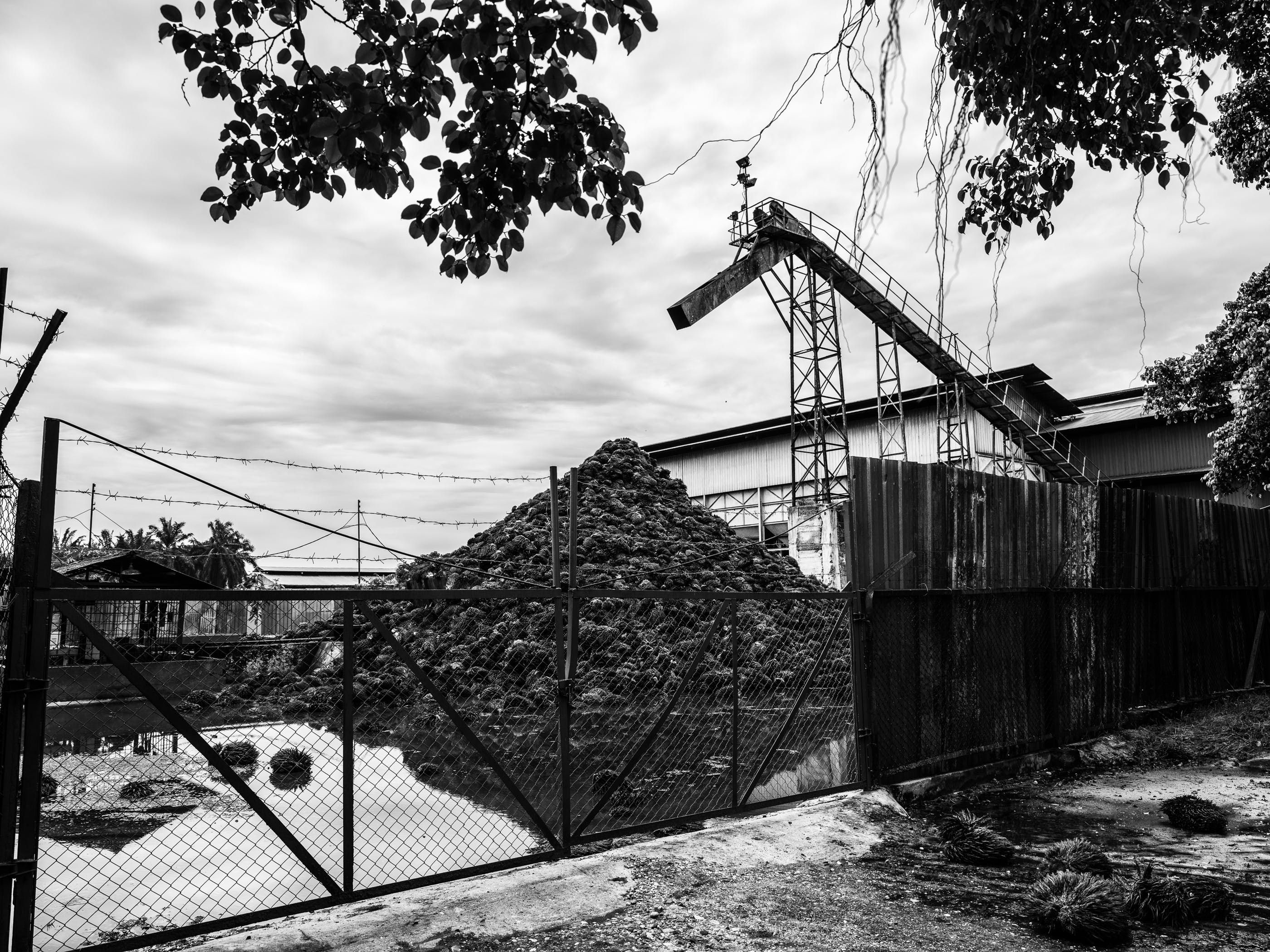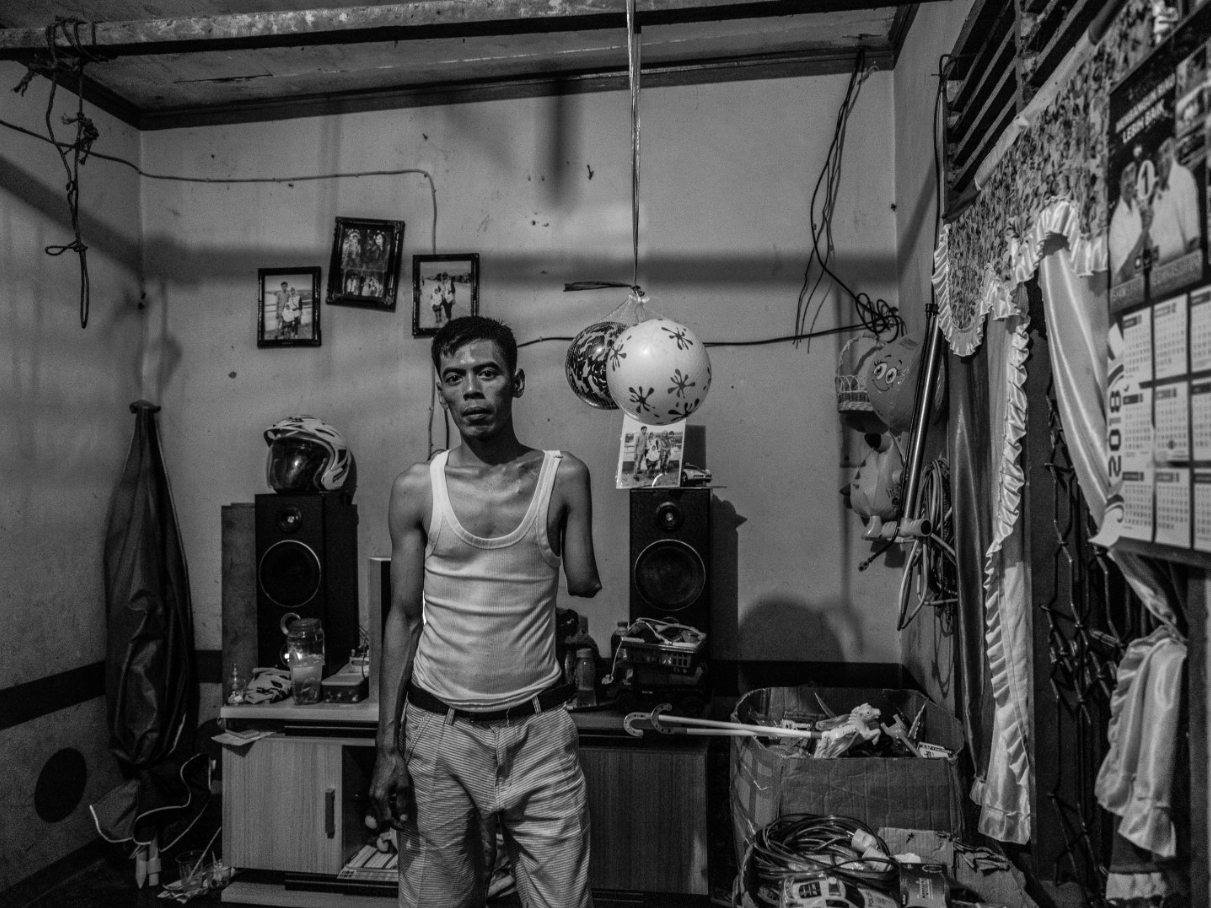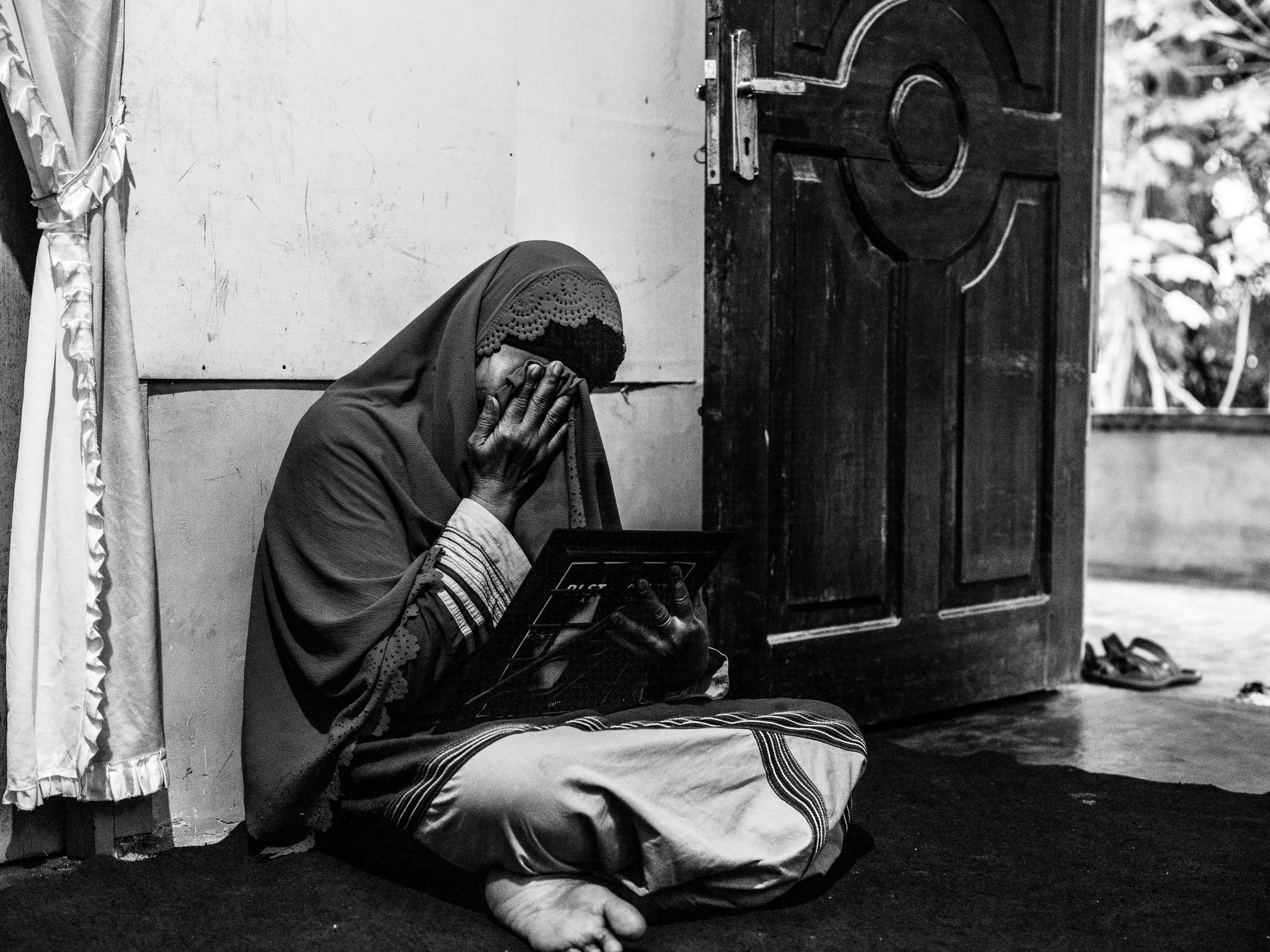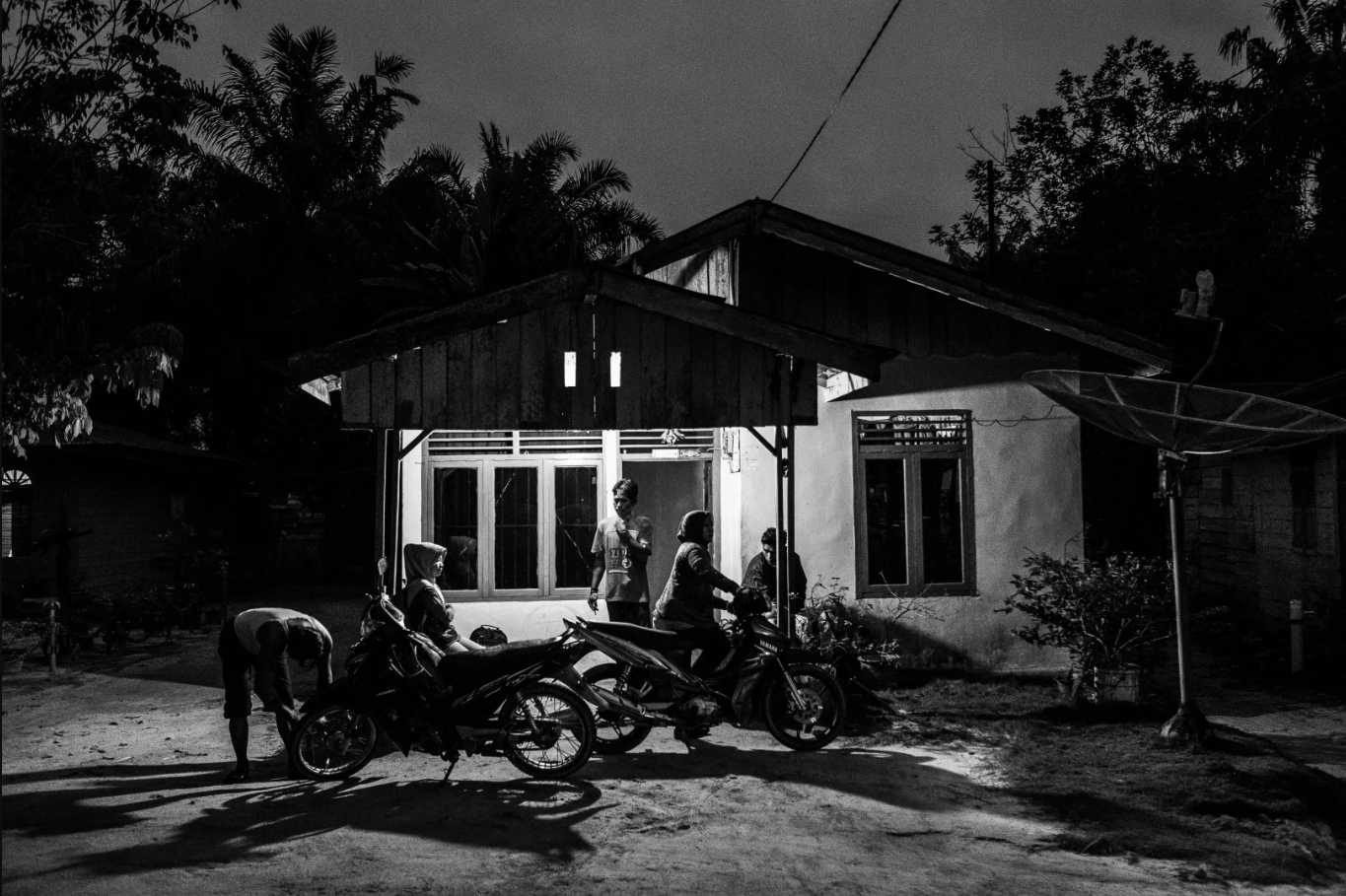December 11, 2018 | South China Morning Post
Palm oil is used in food and cosmetics, and palm plantations are a major agricultural activity in Indonesia. Yet it is having a negative environmental impact on the country, is contributing to global warming, and farmers are often underpaid and suffer health problems. Filipina photographer Xyza Bacani’s project, supported by the Pulitzer Center, records the hardship of the farmers who work and live on palm oil plantations with their families.
